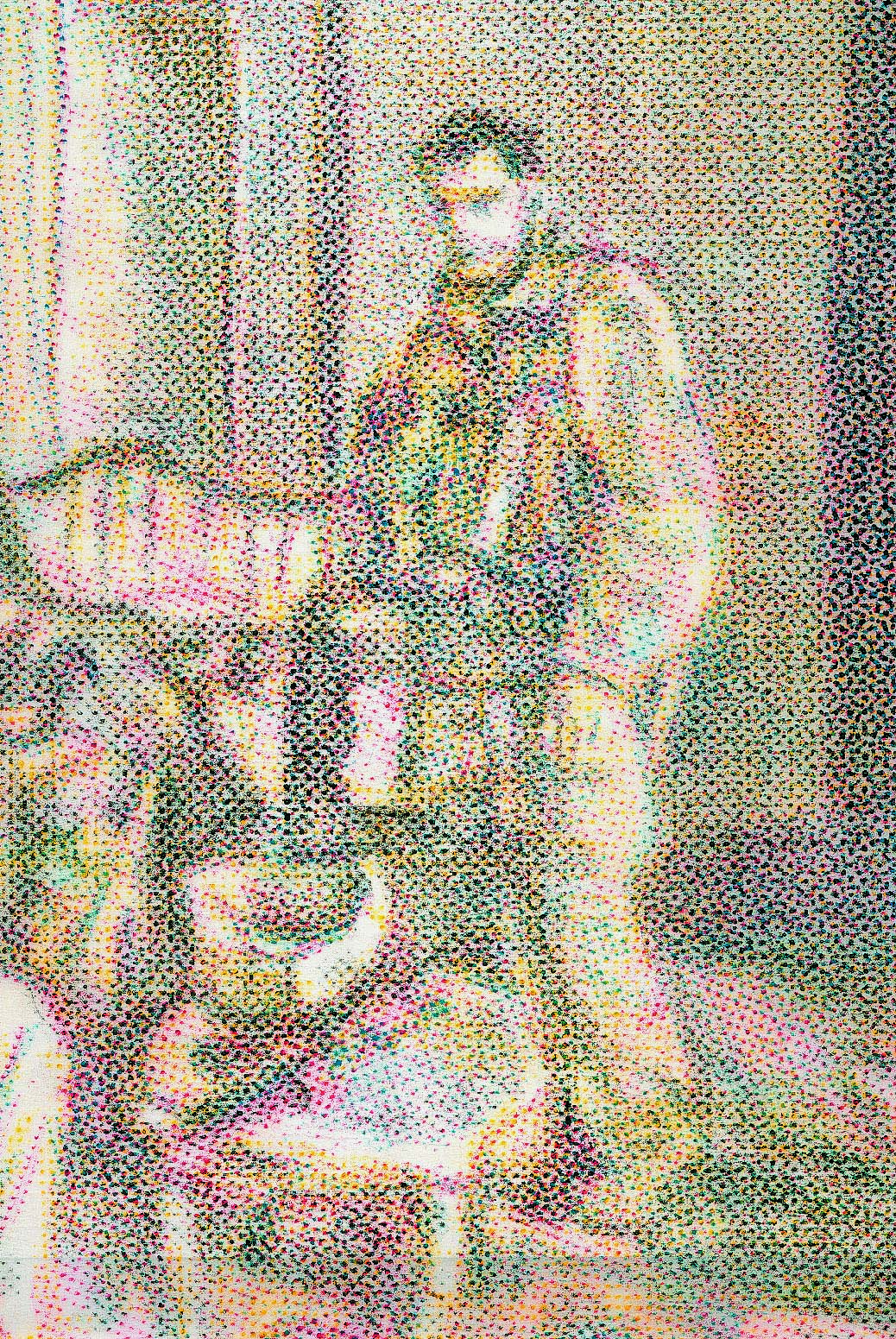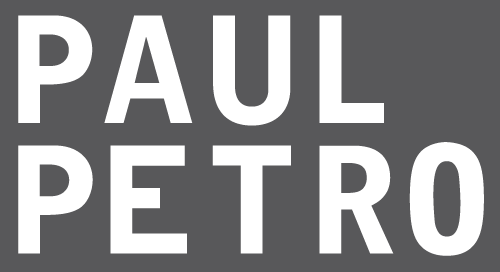jpeg
Stephen Andrews
October 10 - November 8, 2003

From a larger text by Stephen Andrews:
"When motion is teased apart into its component pictures, the precise moment that something occurs is determined. For me, these frozen moments strive to capture that instant when everything changes -- when something about us is revealed. This is the point of intersection for the current work.
Like everyone, I have been both fascinated and horrified by the news coverage of the war in Iraq, especially those images censored by the mainstream media , and only available via the web. I have begun using these forbidden photos, witnesses to the real effects of war. These images feature the obscenity of collateral damage.
As well, I've been drawing pictures of men found on gay cruising websites, an altogether different sort of forbidden picture. They beg the question 'what is pornographic' when juxtaposed with the war imagery.
Like my paintings, I re-create the look of four colour reproduction using a homemade separation technique with window screening and crayons. The hand softens the colours to pastel, reminiscent of children's book illustration. The contrast of the war/sex imagery with the delightful colour scheme bring to mind the moral tales of the Brothers Grimm. Gruesome lessons in a candy coating.
Websites, like newspapers and magazines before them, deliver us the world in a neat four-colour package. By directing our gaze to the dots that make up the pictures, I hope to represent an aspect of the means by which we receive our information, as well as the message itself. I’m interested in revealing through formal means the role that technology plays in constructing meaning. In the process of re-creating these digital images by hand I want to explore the inevitable tension between my subjectivity (the hand of the artist) and these objectified digital 'moments' - interrogating the technological interface that delivers the message.”
Stephen Andrews,
2003
